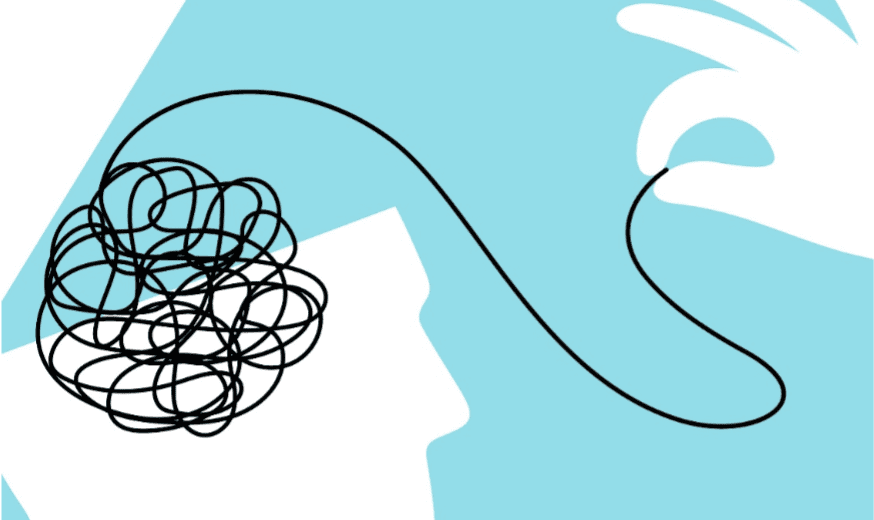Many people feel better after their first ketamine treatment, and improvement builds from there. But occasionally patients feel worse after one or more of their treatments. One of the reasons can be that the ketamine treatment may correspond with revisiting trauma. This can be a great gift, allowing a patient to review trauma in a state and place conducive to healing and recovery. But revisiting trauma may be very uncomfortable. Sometimes it may be scary.
Some context on the progress of treatments:
The progress of ketamine treatments from one patient to the next is often a little different. And, in any case, a patient’s progress is rarely completely straight forward and linear. There can be lots of starts and stops and twists and turns on any path, including a path forward.
Sometimes ketamine appears to help us to confront past traumas, and sometimes Ketamine appears to help us to confront current issues that we may have been avoiding, or choosing to not see consciously or unconsciously. Sometimes ketamine may help us to face the worst parts of ourselves or others, and to feel the feelings that we may have been avoiding through alcohol, marijuana, busyness of work or distractions of TV and video games.
Some things to do when revisiting trauma:
If you find that emotions, thoughts, or other aspects of trauma are surfacing and you find that they’re uncomfortable or worse, here are some things to do:
- First, if you’re undergoing treatments, take heart. The ketamine infusion itself, the recovery immediately after an infusion, and even the days and weeks after an infusion, can be particularly good times for patients to view or acknowledge or process their trauma while also taking steps to improve their mental health.
- If you’re in the office and require attention, let us know. We have a variety of ways to help.
- Talk to your therapist or other mental health professional. If you would like a recommendation for one, to visit by telehealth or in person, reach out to us for a recommeondation or consider ketamine assisted psycotherapy with us.
- Reach out to others for help. There are many resources available at all times of the day and night. From friends and family members, to mental health professionals, to institutions in Houston and around the country, to support on the phone or online.
- If you are ever experiencing a mental health emergency, immediately call 911 for help.
Preparing for the time during and after treatment:
Here are some important instructions for the time before and after an infusion:
- You should come to a ketamine infusion appointment in comfortable clothes. We suggest that you bring headphones and music you enjoy listening to – preferably calming music without words.
- You should arrange for someone to drive you home and for someone to stay with you for 24 hours following an infusion.
- You should not drive a car, operate machinery or make any legal decisions for 24 hours following an infusion.
- You should not drink alcohol or take recreational drugs for 24 hours following an infusion.
You can find instructions here and in the patient paperwork.
We recommend that you engage in healthy habits after an infusion. It is an excellent time to spend time in contemplation. You may benefit from spending time in nature. You may benefit from the support of a good friend or family member. You may wish to schedule therapy close to your infusion appointments.
Ketamine infusions are an exceptional treatment option that help many patients. Sometimes the progress can be frustrating. Occasionally you may find yourself revisiting or encountering trauma. The ketamine treatments themselves may help you view the trauma and process it. Following the instructions we provide, engaging in healthy habits, and knowing what to expect may also help. And if you ever need help from others, then ask for it! There are many resources available to us all.
An Important Disclaimer: The information in this and other blog posts represents our informed opinion or the opinion of others, and does not constitute medical advice and should not be relied upon to make decisions regarding medical care. To address the specific details of your medical conditions and treatments please speak with your doctors.



